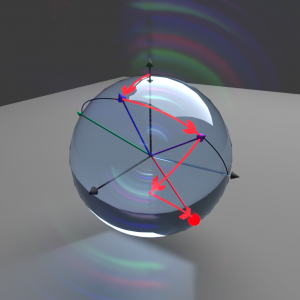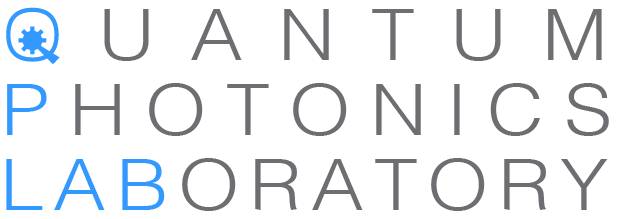 In this paper we report on the experimental demonstration of self-guided quantum tomography—a first of its kind iterative method to characterize quantum systems—and show its superior performance and robustness over standard quantum tomography in several photonic one- and two-qubit experiments. Standard quantum tomography requires storing and post-processing data from an exponentially large number of measurements, making this technique inapplicable for quantum states being prepared today. Moreover, it lacks robustness against inevitable statistical noise and measurement errors.
In this paper we report on the experimental demonstration of self-guided quantum tomography—a first of its kind iterative method to characterize quantum systems—and show its superior performance and robustness over standard quantum tomography in several photonic one- and two-qubit experiments. Standard quantum tomography requires storing and post-processing data from an exponentially large number of measurements, making this technique inapplicable for quantum states being prepared today. Moreover, it lacks robustness against inevitable statistical noise and measurement errors.
By iteratively learning the quantum state through a stochastic optimization algorithm, self-guided quantum tomography is far more resource efficient—thus can be applied to larger systems—and achieves higher accuracy thanks to its robustness against statistical noise and measurement errors.
Self-guided quantum tomography will likely be soon necessary in quantum experiments where standard quantum tomography is already unfeasible. Applications of the algorithm outside quantum tomography include state preparation and quantum device control. As automation will be critical for future quantum technologies, our demonstration takes an important step towards practical realization of autonomous learning.
